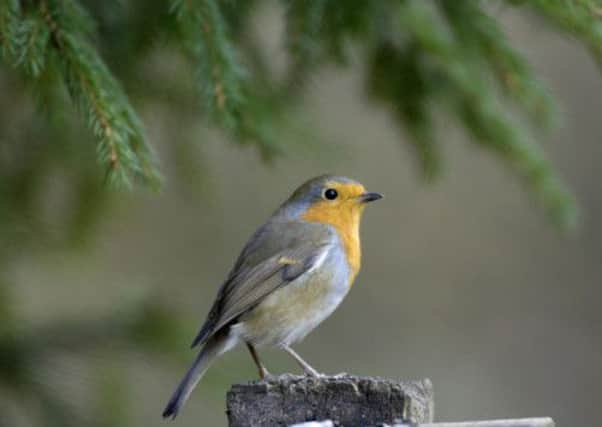When a Robinsang in BerkleySquare ......


Richard James, an RSPB wildlife advisor, said: “We’ve had lots of calls from people who rather excitedly say they’d heard nightingales singing in the evenings. They were a little disappointed when we told them the birds were almost certainly robins, although they were still surprised to find out these birds sing at night.”
The main purpose of singing is to attract a mate and defend a territory. Robins are one of the few birds that hold a territory throughout the winter so continue to sing when the majority of other birds have stopped.
Advertisement
Hide AdAdvertisement
Hide Ad“Before the cold weather took hold, we had a number of reports of night-singing birds, but that stopped when the snow arrived.
“Since it melted across most of the country this weekend, the birds have started up again and as we head towards the breeding season, this should increase,” added Richard.
Robins are often one of the first birds to start singing in the morning and the last to finish at night, so are used to being active in low light conditions.
In places where there are street lamps or other artificial light sources, robins can be triggered to start singing because it does not get completely dark. Other disturbances, like a loud noise or movement, can also start birds singing in the night.
Some birds in Britain regularly sing during the night. The nightingale is the bird that many people would associate with night time singing but corncrakes and nightjars do as well.